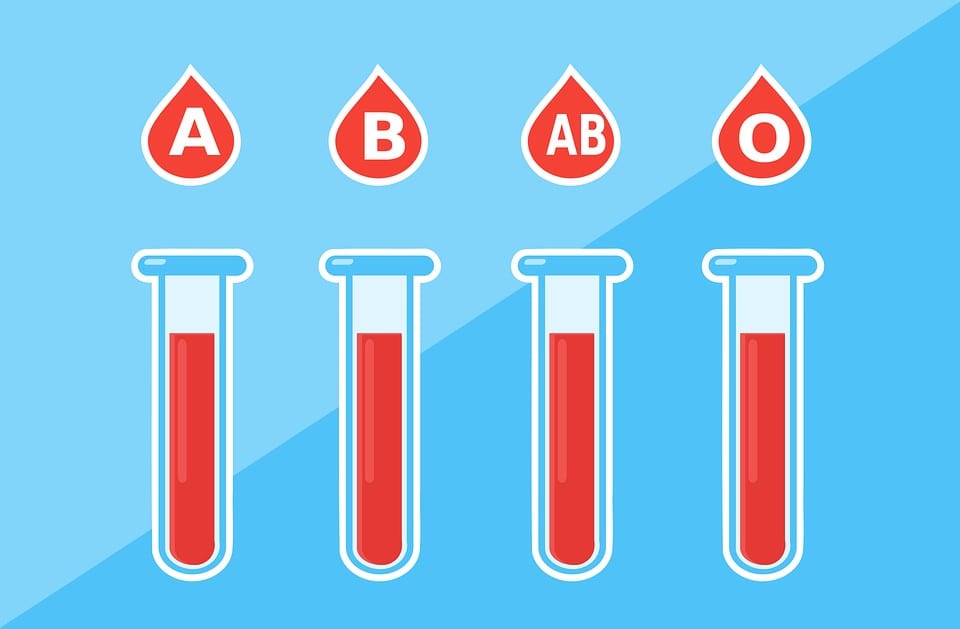
Hematology involves the study of the blood, in particular how blood can affect overall health or disease. Hematology tests include tests on the blood, blood proteins and blood-producing organs.
These tests can evaluate a variety of blood conditions including infection, anemia, inflammation, hemophilia, blood-clotting disorders, leukemia and the body’s response to chemotherapy treatments. Tests may be routine and regular, or they may be called upon to diagnose serious conditions in urgent situations. In many cases, the results of a blood test can give an accurate assessment of body conditions and how internal or external influences may affect a patient’s health.
This article will explain some of the more common hematology tests and what purpose they serve.
Full Blood Count Testing
Full blood count or FBC testing is a routine test that evaluates three major components found in blood: white blood cells, red blood cells and platelets. There are many reasons for a full blood count test, but common reasons include infection, anemia and suspected haemato-oncological diseases.
White Blood Cells (WBC) Testing
White blood cells are responsible for assisting the body’s defenses in fighting illnesses and disease. Knowing how many white cells are within the blood can prove invaluable for diagnosing and treating a range of conditions. Increased white blood cells are common in people fighting infection or suffering from anemia.
Red Blood Cells (RBC) Testing
The number of red blood cells in the body can increase through dehydration, stress and anxiety, or failure of the bone marrow, to name a few conditions. Decreased blood cells can be the result of receiving chemotherapy treatments, chronic inflammatory diseases, blood loss and some types of cancer.
Hemoglobin Testing
Without hemoglobin, oxygen would not be able to travel around the body. This oxygen-rich protein is essential to life, but it can increase or decrease due to a number of conditions. Dehydration, congestive heart failure and chronic obstructive pulmonary disease can all cause an increase in hemoglobin levels, while blood loss, anemia, liver disease and lymphoma can result in a decrease.
Hematocrit and Platelets
Hematocrit, or HCT as it is commonly known in medical circles, is the ratio of plasma to red blood cells. Plasma accounts for the fluid component in blood. HCT testing is usually carried out when hydration levels and anemia are suspected of causing problems. HCT levels can be affected in the same way as hemoglobin levels.
If anemia is suspected, it is common for doctors to carry out testing on red blood cells, hemoglobin and hematocrit at the same time.
Platelets are responsible for causing the blood to clot. Without them blood would continue to flow from a wound and would need immediate medical attention in order to stem the flow. Increased platelet levels can be the result of inflammatory conditions such as trauma, acute infection and a number of malignant cancers. Decreases in platelet levels can occur from anemia, coagulation disorders such as sickle cell anemia, alcohol toxicity and infection.
Mono Screening
Infectious mononucleosis, also known as mono, is caused by the Epstein Barr virus. It can be a serious condition and is highly contagious. Mononucleosis testing involves looking for the antibodies the immune system makes as it works to fight the infection.
Vitamin B12 Deficiency Testing
A lack of vitamin B12 can make the patient feel tired, run down and without energy. A simple blood test can detect whether vitamin B12 levels have decreased. This vitamin is essential for healthy blood cells, healthy nerves and stable DNA. If a deficiency is detected, this condition is easy to manage with supplements, changes to the diet and vitamin shots.
Renal Profiling
The kidneys are responsible for a lot of waste management and cleansing in the body. Renal profiling can provide a unique and valuable snapshot of how the kidneys are functioning. The blood test will include testing the levels of creatinine and blood urea nitrogen, both responsible for healthy kidney function.
Cholesterol Testing
High levels of cholesterol have been linked to heart disease and other potentially fatal conditions for some time. Cholesterol testing can alert a doctor as to whether a patient needs to take action to lower blood cholesterol and whether further treatment is required. The blood test itself involves testing the Total Cholesterol, LDL Cholesterol (the bad), HDL Cholesterol (the good), Triglycerides and the patient’s risk ratio.
Blood Glucose Testing
Blood glucose testing is used to show how well the patient has been able to control his or her diabetes over the past few months. It is a non-fasting test that shows the level of glucose values in the blood. It is also known as A1c, Glycohemoglobin or HbA1c testing. While it is a very accurate test, it should never be used in place of routine daily glucose testing.
Arranging a Blood Test
If you need to arrange a routine or urgent blood test with a hematology specialist in San Antonio, give our team a call or get in touch through our website to arrange an appointment. We specialize in many types of blood testing and a wide range of blood disorders and conditions. We would be delighted to arrange a convenient appointment for you.
